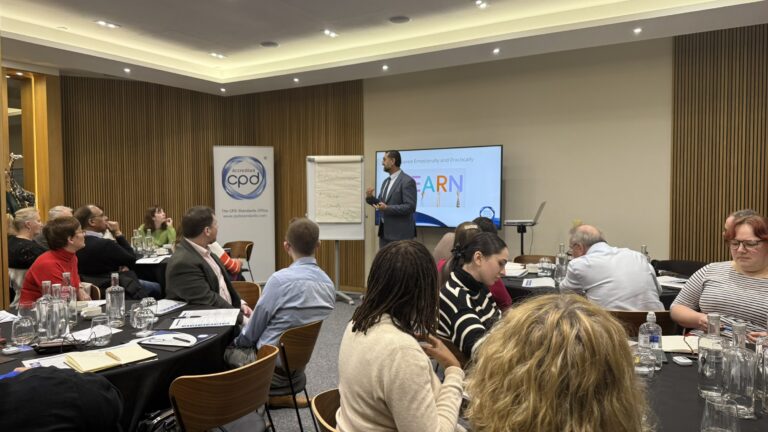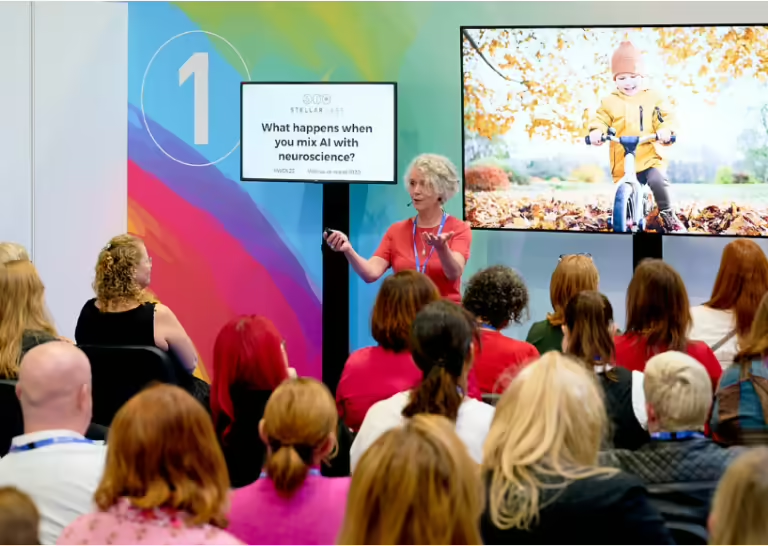Hello and welcome to the first edition of our “Friday Fresh” newsletter!
We are excited to bring you valuable insights and tips to enhance your experience as a training provider. In today’s edition, we will be discussing the significance of collecting feedback from learners, what to use it for, and finally – which free tools can be quite helpful.
How does your training make your learners better and more successful?

When it comes to training that was designed with CPD (continuing professional education) in mind, one of the key elements should revolve around making the knowledge applicable in the professional life of the learner.
There are many ways to achieve this and we’re confident that you have already considered them – it could be tests, projects, group or individual exercises, essays, etc.
Obtaining feedback in this context would be exceptionally beneficial both for the learner and for you, as the training provider. Here are some incredible benefits of gathering feedback about the applicability of training:
- Direct the focus: When you set the tone of the learning towards ensuring that your delegates apply it in their professional lives, you open their eyes to actively seek for opportunities to do so. The easiest way to achieve this is by stating it at the start of the training and by creating a small project, asking them to choose one element of the learning and apply it to a project they’ve completed recently in the tone of “If I knew XYZ, I would have done ABC, instead of what I did”.
- Receive the best reviews: when people apply your learning or even only when they see it as applicable they instantly see the results as achievements, instead of just some theory. This will help them get more excited about the training and give you the best reviews.
- Make your training memorable: we, humans, learn daily from life, but we tend to memorize the events and knowledge that change us. Focus on changing the behavior of your delegates and they’ll remember the training for life.
Another amazing trick for gathering feedback

The concept of cognitive dissonance suggests that we have an inner drive to hold all our attitudes and beliefs in harmony and avoid disharmony. In order for this to be triggered, however, people need to state something – for instance, that your training has helped them better themselves.
An easy way to implement this is to get people to fill in a questionnaire at the start and at the end of the training, asking them to gauge their understanding and knowledge of the subject you will teach them. In most cases, people will be prone to put down a smaller number at the start and a larger number at the end of the training.
This small act of “approval of achieved results” will make learners more likely to rate your training higher, but it will also help them feel more confident to apply the knowledge and grow in their professions.
Tools for Gathering Feedback

To assist you in collecting feedback effectively, we have researched and found three tools that offer free versions:
- Google Forms: This versatile tool allows you to create customized surveys and questionnaires to gather feedback from your learners. It offers a user-friendly interface and provides comprehensive data analysis features.
- SurveyMonkey: With its intuitive interface and robust features, SurveyMonkey is a popular choice for feedback gathering. It offers a free version that allows you to create surveys and collect responses effortlessly.
- Typeform: Typeform stands out with its visually appealing and interactive survey designs. The free version offers a wide range of question types and customization options, making it an excellent tool for engaging your learners during the feedback process.
These tools will undoubtedly streamline your feedback collection process and provide valuable insights to enhance your CPD training initiatives.
That’s all for this edition of “Friday Fresh.” We hope you found this information inspiring and useful. Stay tuned next Friday, where we will dive into another exciting topic to support your educational and training endeavors.
Remember, collecting feedback is not just about improving your training.
As a trainer, coach, or online educator you purpose is to empower your learners and fostering their professional growth. Keep striving for excellence!







